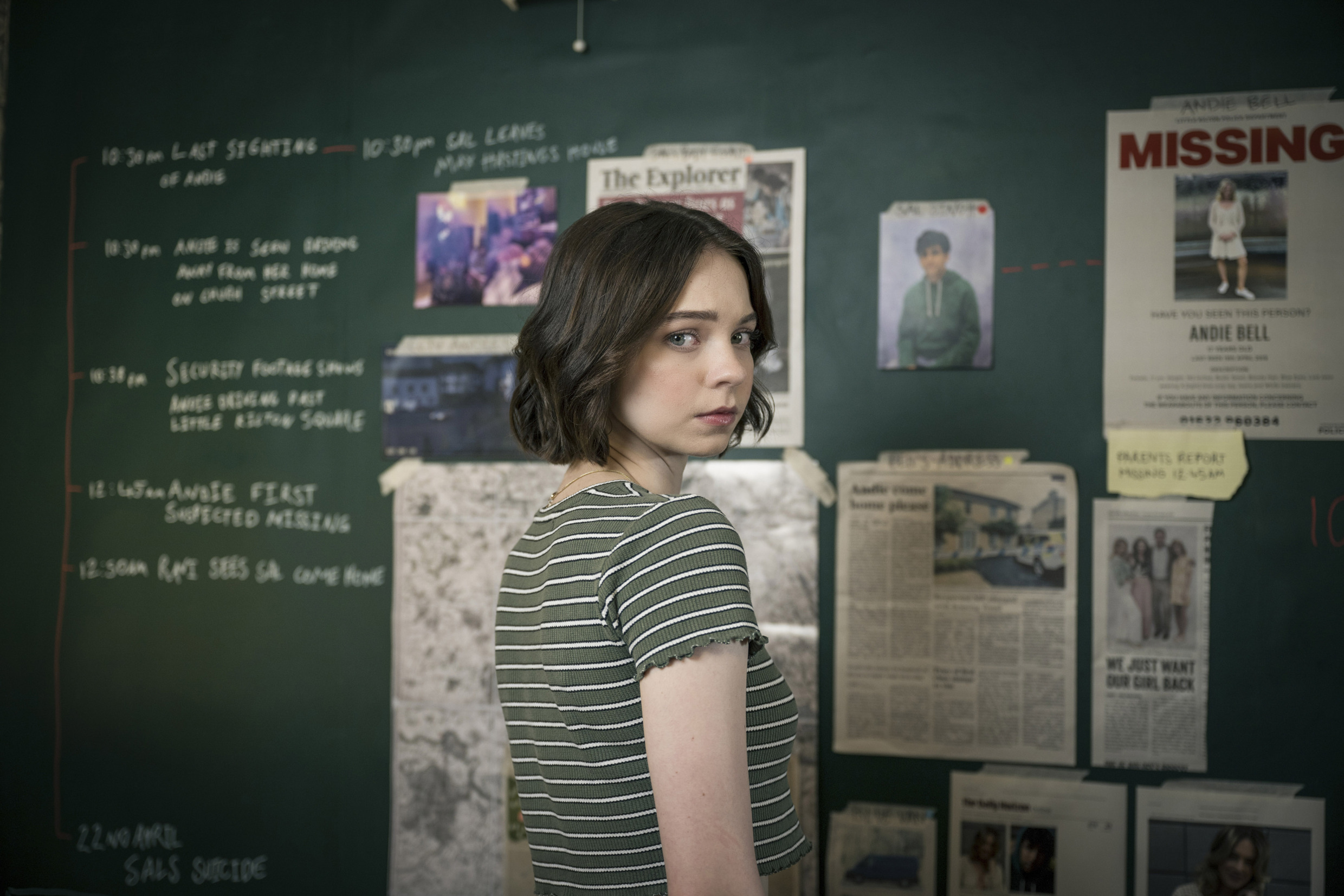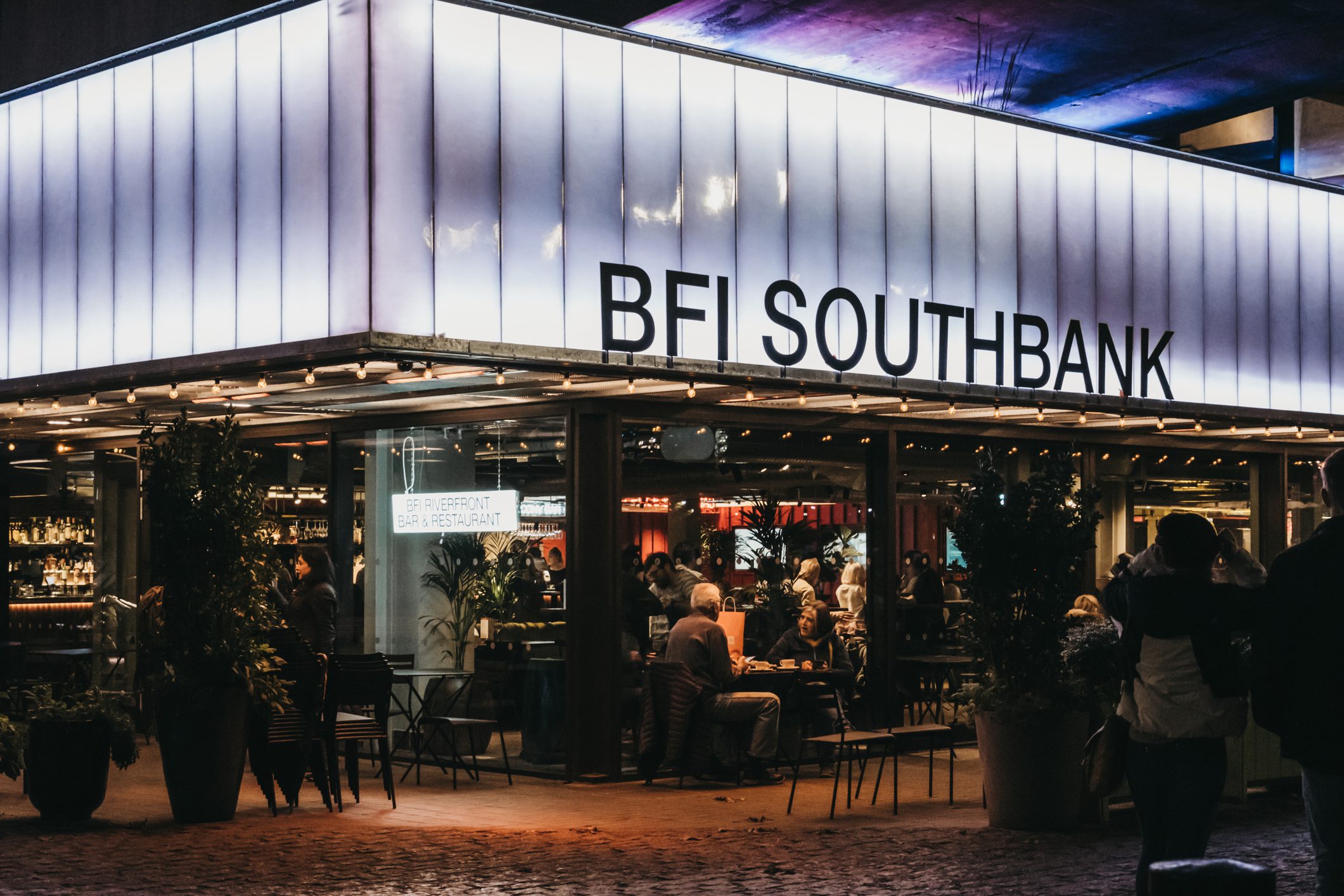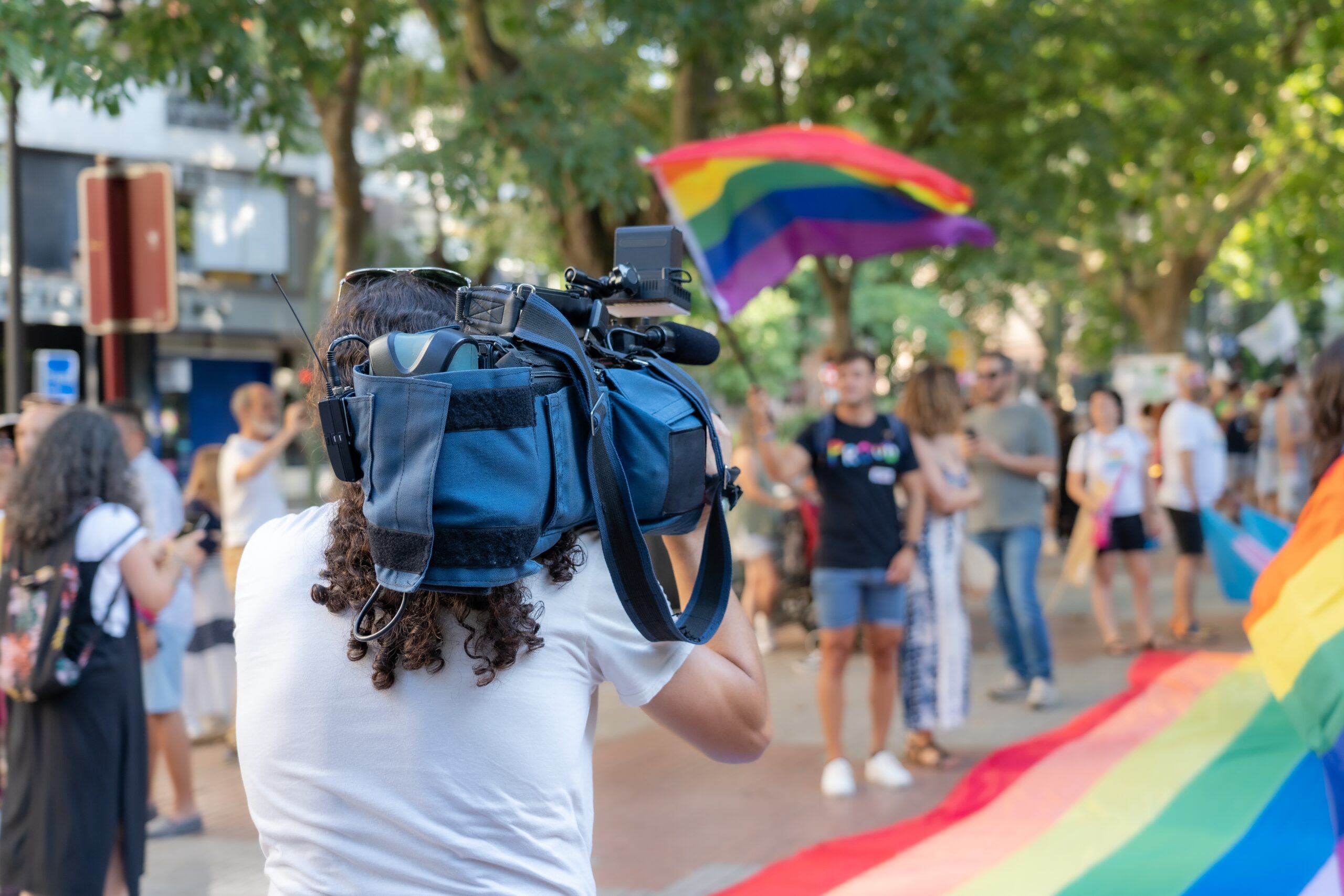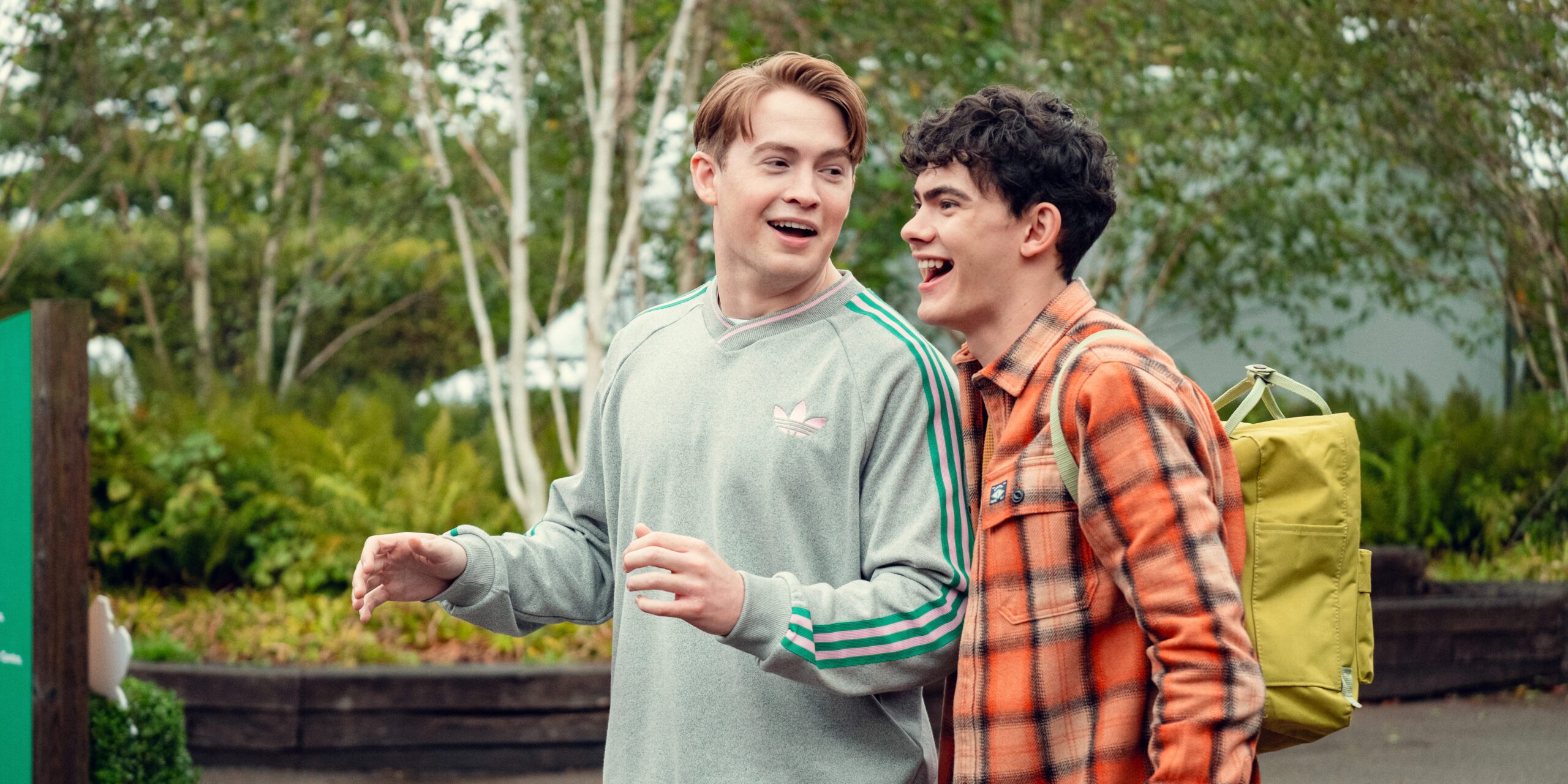How ‘Detectorists’ and ‘The Gathering’ casting director Catherine Willis solved the casting for BBC’s ‘A Good Girl’s Guide to Murder’ and her top tips for a successful self-tape.
In the latest BBC mystery series, A Good Girl’s Guide to Murder, we may not know who the killer is, but we definitely know who cast it. Catherine Willis – who set up her own company CW Casting in 2006 – has worked on a long and impressive list of TV shows, including Changing Ends, The Gathering, Detectorists, Somewhere Boy, The Marlow Murder Club and Two Doors Down.
In her latest project, based on Holly Jackson’s bestselling novel, she had to assemble a compelling and charismatic cast that not only kept the audience guessing but also pleased the book’s extremely large and passionate fanbase.
We were thrilled to get Catherine under the magnifying glass and deduce how she went about casting this highly anticipated series, her process for finding new and emerging talent – and her top self-taping tips for performers hoping to get cast in her future projects. Here’s what was revealed:
Hi Catherine! How did you first get into casting?
I fell in love with theatre, and everything in my life was about becoming a theatre director. I got a job at Derby Playhouse, which at the time was a leading new writing and new works theatre under the artistic director Mark Clements. One of my roles as his assistant was putting together auditions, setting up meetings, going to showcases and things like that to keep him on top of new talent.
What I realised is that drama is actually about people. You can have no set, no costumes – just be in any space, and you can have an impact on your audience if the people are right. You’ve just got to get the right people together, and then you’ve got the dynamic of the right people with the right director, and I realised that’s what excited and intrigued me.
Then I got a job at the BBC, originally casting Casualty, but then that spread out into other shows like Waking the Dead and The Afternoon Plays and things like that, which was an incredible education. Then I went freelance and have been going strong ever since – touch wood!
Where do you go to find new talent?
“Wherever people come from doesn’t matter. If they’re talented, they’re talented.”
Anywhere and everywhere. It really depends on the project. If it’s a location-based thing, like with Alma’s Not Normal, we went and did two days of open auditions in Bolton for the pilot. We went out locally, local press, local media, local schools, local drama schools, community centres – that kind of thing. We did the same in Liverpool for a show that’s just come out called The Gathering.
We also use social media. I’ve done street castings in the past. I’ve literally seen people in school plays. I go to a lot of stuff, and it’s lovely to go to fancy West End press nights, but often you know most of the people in the cast. So I spend a lot of time in smaller theatres and fringe festivals and things like that. Wherever people come from doesn’t matter. If they’re talented, they’re talented.
I try to sneak into things a little bit anonymously so that people don’t feel under pressure. I try to also see stuff out of London. If I am casting something in, say, Scotland, then I’ll see something in Edinburgh and something in Glasgow.
I also use Spotlight constantly. I would never do just an open casting. We often do it as a multi-pronged thing because it’s such a central resource, and it’s just easy to get out to agents, get out to unrepresented actors or actors who are representing themselves. As a casting director, you want to feel accessible to the right people, so it’s an incredibly useful tool.
How do street castings work?
Literally pulling people off the street is quite rare because you have something very specific in mind. But I did some of the casting on the first series of Top Boy, which literally meant hanging around playgrounds in Hackney and Homerton and trying to chat to people because, in some shows, it’s about authenticity. So Top Boy was about being authentic, Alma’s about being specifically from Bolton – not just Northern or Manchester – it’s Bolton. The same with The Gathering – it had to be Liverpool, not just the Northwest.
So street casting is about finding something authentic – and it doesn’t necessarily mean that people in every case are the most incredible actors, it just means they’re very right for that thing.
Quite often, open auditions or street casting is an extended process which you don’t always have time to do. On The Gathering, quite a few of our young cast hadn’t done much, if anything, before. So there was quite a lot of prep time in terms of getting them used to the director and feeling confident with the director and the people that they’d be dealing with. It’s a bigger, longer process, but I think sometimes it’s the most rewarding.
How did you first become involved in the casting for ‘A Good Girl’s Guide to Murder’?
“It’s about finding people who present you with a fully rounded character quite early on.”
The production company approached me and asked me to come in and have a chat about it. I was aware of the book, but I hadn’t read it, so I went in and talked to them about it. The main cast are all 16, 17, and then there’s some 20-year-olds and there’s a few adults, but the vast majority are that younger age group, which I do a lot of work with. So they felt, I think, that I was quite a natural fit for it.
Then I read the book and was like, “This is quite exciting.” There’s a lot of characters, but then that’s quite exciting as a casting director, because you go, “How do I make everybody stand out on their own?” You want every character to bring their own personality and be immediately identifiable when the camera goes to them.
So I was absolutely thrilled to be offered it, and with such an exciting team of producers. I was working with Dolly Wells on the casting, so it was great fun. I met loads of new people.
How do you find performers that have that right on-screen chemistry?
This is something actors often learn as they get older, so it’s always an interesting one with young actors, but it’s about finding people who present you with a fully rounded character quite early on. There’s more than one Good Girl’s Guide [to Murder] book – we’ve got a trilogy. And there’s people who have quite small roles or supporting characters who then become bigger characters. They need to come as a character who lives and exists, that can then just naturally roll into another story with a bigger role.
Part of the audition process is the director and casting director going, “Oh, I think that works,” or, “Maybe they could be a bit more like this,” and trying to help the actors find that.
There were characters that, by the time we’ve got a couple of them in place, we were like, “Right, we know who that person needs to be, we know what space is left,” because you need them to feel different physically. You don’t want the camera to cut and go, “Oh, which one’s that?” You also need them to fill a different space emotionally, otherwise why are they there?
A lot of it is trusting your instincts and then going, “I feel really strongly about this. I’m going to fight for this,” or, “Hang on, what’s the director saying? I have to absorb that and work out why they feel like that,” and then adjust accordingly.
Could you tell us about the casting process for ‘A Good Girl’s Guide to Murder’?
It was so exciting! We saw loads of people. For the role of ‘Pip’, we saw so many people – people who’d never had a TV job before, people with some experience, people with a lot of experience. It was really nice, and some of the people with no experience got right down in the selection process.
We went with Emma Myers, who’s best known for playing ‘Enid’ in Wednesday. But that’s not to say that there weren’t other brilliant people we saw who were very close to it. It was at the same time we were starting to see people for her friends, but when we knew who Pip was, you start to really put the jigsaw together.
We saw people from all genres, because although Good Girl’s Guide [to Murder] has that thriller/mystery side to it, it’s also got moments where there’s a lightness of touch, and we wanted it to be funny where it could be and to have humour. I’d worked with some of these actors in comedies before, so it was seeing if they could carry the weight of the heavy story and can the people who’ve done big dramas with me bring some of the humour and lightness to it? And just getting the tone of the performances matched up.
Then it’s getting everyone to agree. We’d get really excited within the production company, and then we’d get a “Really? That’s not how we saw that character.” And we’d have to rethink sometimes or fight for someone.
Some people we saw lots of times for different roles because we loved them – it was just finding the right place for them. We did, right at the end, find three people for the lead cast on one day, and it was like, “How did that happen?”
It’s almost like we wouldn’t have known they were right had we seen them at the beginning. It’s because we’d seen so many people that we could then make very quick decisions towards the end.
The book is loved by lots of people and has a huge TikTok following. Did that add any pressure during the casting process?
With an adaptation, there’s always that sense of, “What’s in the book? What does it say in the book?” But I genuinely believe that what’s made it onto the page of your script is what you have to be true to. Holly Jackson, who wrote the book, was incredibly supportive and open. She did see tapes when we were like, “We think this is this person,” and was incredibly generous with her support of our choices, which made it a lot easier. We were like, “If Holly’s happy, then it’s all fine.”
I am an avid reader. I’ve seen loads of books adapted, and I’m sometimes like, “Ooh, that’s not how I saw that character,” and you almost have to take them as separate entities. But, also, I have to support the script as written, and some of the characters fulfil a different person in the script than they did in the book.
What I think was exciting was when the cast was announced and they started putting photos out, the response was incredible. I kept getting people sending me screen grabs going, “This cast is amazing. Well done the casting director,” which was from people who were huge fans of the book. So that was very gratifying. There seems to have mostly been quite a positive response, so let’s hope that continues when they see the show!
You’ve done the casting for some other great shows like ‘Changing Ends’, ‘The Gathering’ and ‘Detectorists’. Were there any memorable moments during the casting process for these shows, or for ‘A Good Girl’s Guide to Murder’?
Every show is different because every director works differently. So, with Detectorists, Mackenzie (Crook), who wrote and directed it, had some quite strong ideas of people he wanted. You’d go, “Can I just introduce you to this person?” and then be in the room, watching him fall in love with people and go, “I want you, please be in my show.”
I think that collaboration is always really exciting when people just go, “Yeah, show me. Who have you got? Surprise me with somebody I haven’t thought of.”
Good Girl’s Guide [to Murder] was just so exciting. We saw so many people and we had so much fun doing it because we had Dolly (Wells) directing, Florence (Walker) was producing and they were in the room with us almost all of the time. That was nice because you get left on your own quite a lot these days as a casting director, so to actually be in a room with your team and be able to talk in the moment about that person was really good fun.
Dolly brought her dog with her, who was very sweet, but depending on what clothes people were wearing, he had a reaction to them. So that was occasionally a bit embarrassing when we’re like, “We’re so sorry, Morris doesn’t like your jacket!” Obviously, if people were like, “I’m not keen on dogs,” then we shut Morris in with someone else in office. The audition is about the actor, so it’s whatever makes them feel comfortable.
What are your top tips for performers when it comes to self-taping?
“Self-taping is hard. It can feel a little bit lonely, but it’s not in a casting director’s interest to not watch your tape. We are there because we need you and we want to find you.”
Don’t try and second-guess what’s being looked for, because we don’t always know, or we have something in mind that ends up not being right. Work out what you can of who this person is from the script and show us the choice you’ve made.
The worst thing people do is become very generic. They understand the script, both academically and emotionally, but try not to do anything too much in case they go the wrong way. Well, it might not be right, but it might be brilliant, and then we’ll ask you to do it another way.
If you feel really strongly that you don’t quite know what to do, then go back to the casting director or through your agent and just say, “I’m thinking this or this, I don’t know.” That tape is your time and I want you to have everything you need to do your best.
And make sure your name’s on it! We still get tapes that are named just a series of numbers and letters, or it has the agent’s name or the character’s name. That’s fine for a lot of stuff, but if we’re doing a massive casting, like for Good Girl’s Guide [to Murder], you don’t want to get lost.
Self-taping is hard. It can feel a little bit lonely, but it’s not in a casting director’s interest to not watch your tape. We are there because we need you and we want to find you. There’s so many things that go into the decision of who is right for what character and it doesn’t mean you did anything bad or wrong. It just means this worked better, but you’ve been logged somewhere in someone’s brain. You will be brought out of the mental Filofax for a later date.
People feel they have to be so technically adept these days. You really don’t. If I can see you and I can hear you, that’s kind of all I need.
What has been your favourite project to work on so far and why?
I couldn’t pick just one because almost every show, when I think back on it, I go, “Oh, I loved that.” There’s weird ones that stick out in my mind because it’s to do with the collaboration with the team. So Somewhere Boy, which I did for Channel 4, sticks out because that was right in the middle of Covid, and it was so weird. It was like there was no one else in the world, we were just in this little bubble trying to find these people. And it was an otherworldly kind of show, so it fitted where we were in the world at the time.
Detectorists was lovely – it was so purely Mackenzie and his writing and his characters, but at the same time, he was so open in terms of look, design, feel, casting – everything! He made us all feel part of something really special. Then, Changing Ends was a joy because I spent Covid looking for young Alan Carr, so it feels like I was part of that from so early on. I think those are the fun ones – when you’re part of the development process and you’re part of working out what the show is.
Finally, what would be your dream project to work on?
The dream jobs are and would be when you can just cast who you want within your team, when you aren’t getting a lot of pressure to tick boxes. There’s so many things you’re given, and obviously the broadcasters have things they need, which I totally appreciate. But there’s something nice about going, “Work out who you want.”
Also, I’m reading a lot of Greek mythology at the moment and I feel like there’s still a lot of stories that aren’t out there. We had an era of really epic Greek stuff about 20 years ago. So maybe it’s time to bring something back and do a massive series.
Like Good Girl’s Guide [to Murder], there’s a whole world of books out there that audiences of lots of ages would appreciate. It’d be fun to do some more with those.
A big thanks to Catherine for sharing her casting experience with us! ‘A Good Girl’s Guide to Murder’ is available to watch on BBC iPlayer now.
Take a look at our website for more interviews and advice from casting directors.
‘A Good Girl’s Guide to Murder’ was cast using Spotlight. Find out more about our membership options and start looking for auditions today!



















